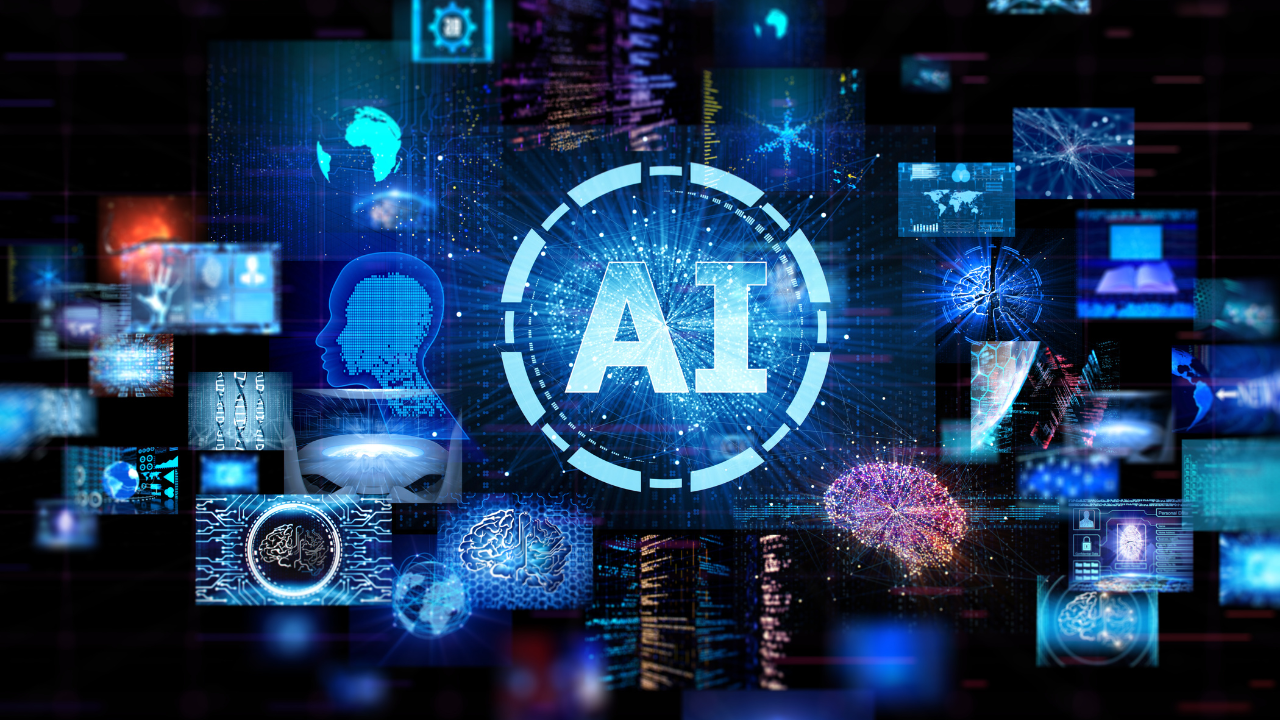Introduction
Artificial Intelligence (AI) is no longer the future—it’s shaping our world today. From self-driving cars and virtual assistants to advanced analytics and personalized medicine, AI is transforming every industry. As companies race to harness its power, the demand for AI experts has skyrocketed.
If you’ve ever wondered how to start a career in artificial intelligence but felt overwhelmed by where to begin, this guide is for you. Whether you’re a student, a professional looking to switch careers, or simply curious about this fast-growing field, we’ll walk through every step to help you build a successful AI career.
Why Choose a Career in Artificial Intelligence?
Before diving into the roadmap, it’s important to understand why AI is such an exciting and rewarding field.
- High demand: AI skills are among the most sought-after worldwide. Companies like Google, Amazon, Tesla, and startups across industries are constantly looking for AI talent.
- Attractive salaries: AI professionals—such as machine learning engineers or data scientists—can earn some of the highest salaries in tech.
- Endless opportunities: From healthcare to finance, AI applications are expanding every year, offering diverse career paths.
- Innovative work: Working in AI means solving real-world problems using creativity, data, and cutting-edge technology.
Step 1: Understand What AI Really Is
Artificial Intelligence is a broad concept referring to machines designed to think and learn like humans. It includes subfields such as:
- Machine Learning (ML)
- Deep Learning (DL)
- Natural Language Processing (NLP)
- Computer Vision
- Robotics
- Data Science
Each area demands specific skills and tools, but they all share a common goal—building intelligent systems that make autonomous decisions.
If you’re just beginning, start with the fundamentals. Learn how algorithms, data, and statistics power AI, and familiarize yourself with practical applications in daily life.
Step 2: Build a Strong Educational Foundation
You don’t need a PhD to start a career in artificial intelligence, but a solid educational foundation can accelerate your journey.
Formal Education Paths
- Bachelor’s degree: Focus on computer science, information technology, mathematics, or data analytics.
- Master’s programs: Pursue degrees in AI, machine learning, or data science for specialized roles.
- Online certifications: Platforms like Coursera, edX, Udacity, and Google AI offer affordable and recognized courses.
Key subjects to focus on:
- Linear algebra and calculus
- Probability and statistics
- Algorithms and data structures
- Programming fundamentals
- Ethics in AI
A structured academic route helps you grasp theory, while projects and labs develop hands-on experience.
Step 3: Learn Essential Programming Languages
Coding is the backbone of AI. To build models, analyze data, or automate tasks, you must be proficient in key programming languages.
Here are the most important ones:
- Python: The most popular AI language, known for its simplicity and powerful libraries like TensorFlow, PyTorch, and scikit-learn.
- R: Excellent for data visualization and statistical analysis.
- Java & C++: Useful for performance-heavy AI projects such as robotics and gaming.
- SQL: Helps with managing and querying large datasets.
Tip: Start with Python and practice developing small machine learning projects to sharpen your skills.
Step 4: Strengthen Your Math and Data Skills
Math is the fuel that powers machine learning algorithms. While you don’t need to be a math genius, having a clear understanding of the following topics is essential:
- Linear algebra (vectors and matrices)
- Probability and statistics
- Calculus (for optimization problems)
- Discrete mathematics
Combine math knowledge with data handling skills. Learn to clean, process, and analyze data using tools like Pandas, NumPy, and Matplotlib.
Step 5: Explore Machine Learning and Deep Learning
Once you’ve mastered the basics, start exploring core AI areas, beginning with machine learning and deep learning.
What to focus on:
- Supervised learning: Building models that learn from labeled data.
- Unsupervised learning: Finding patterns in unlabelled datasets.
- Neural networks and deep learning: Training models to recognize images, text, or speech.
- Reinforcement learning: Teaching agents to make decisions through feedback.
Work on guided projects to apply these concepts. You can build projects such as:
- Image classification
- Chatbots
- Recommendation systems
- Sentiment analysis
Platforms like Kaggle provide datasets and competitions that help improve your skills and portfolio.
Step 6: Gain Hands-On Experience Through Projects
In AI, employers value practical experience as much as formal education. Build a portfolio that showcases your real-world capabilities.
Ways to gain experience:
- Contribute to open-source AI projects on GitHub.
- Participate in Kaggle challenges or hackathons.
- Volunteer to build AI tools for small businesses or NGOs.
- Create a personal website or GitHub repository to showcase your work.
Each completed project strengthens your credibility and demonstrates your ability to apply AI in practical scenarios.
Step 7: Keep Up with Tools and Frameworks
AI technology evolves extremely fast. Stay up-to-date with commonly used frameworks and tools:
- TensorFlow and PyTorch (for deep learning)
- Keras (simplified neural network library)
- OpenCV (computer vision)
- Natural Language Toolkit (for text data)
- Hadoop and Spark (for big data processing)
Experiment with them using public datasets. Learning how to use these tools efficiently makes you a more valuable professional.
Step 8: Network and Join the AI Community
Connecting with like-minded professionals can open new opportunities. Networking also helps you stay updated with trends, job openings, and innovations.
Join:
- AI-focused LinkedIn groups or Reddit forums
- Local AI and data science meetups
- Online AI communities like Towards Data Science
- Global tech events such as NeurIPS or AI Expo
Engaging with the community lets you learn from others and build visibility in the field.
Step 9: Focus on Soft Skills and Business Understanding
AI professionals aren’t just coders—they’re problem solvers. To stand out, you need to combine technical expertise with soft skills such as:
- Analytical thinking
- Communication and storytelling
- Collaboration within interdisciplinary teams
- Business awareness
Understanding how AI can enhance business value helps you align your technical work with real-world goals, making you indispensable to employers.
Step 10: Apply for AI Jobs and Internships
When you’re ready, start applying for jobs or internships that match your skills. Popular roles include:
- Machine Learning Engineer
- Data Scientist
- AI Researcher
- Computer Vision Engineer
- NLP Engineer
- Data Analyst
Prepare a portfolio-based resume that highlights your projects, academic background, and technical certifications. During interviews, focus on problem-solving explanations rather than just code snippets.
Entry-level positions and research internships can lead to full-time career roles once you prove your capability.
Step 11: Continue Learning and Growing
The field of AI is dynamic; continuous learning is crucial. Keep exploring new subfields such as generative AI, edge computing, or ethical AI. Regularly upskill through courses, research papers, and workshops.
Follow influential AI researchers, podcasts, and YouTube channels to stay ahead of industry changes. The more curious and adaptable you are, the more rewarding your AI career will become.
Conclusion
Building a career in artificial intelligence takes time, patience, and consistent effort. Start with a strong foundation in math, programming, and data handling. Then, deepen your learning through projects and community engagement.
Artificial Intelligence is shaping a smarter, faster, and more innovative world. By following these steps, you can become part of this transformation—creating technology that changes lives and drives the future.
Call to Action:
Ready to start your AI journey? Begin today by enrolling in an online AI course or working on your first machine learning project. Every small step you take brings you closer to a high-impact career in artificial intelligence.





